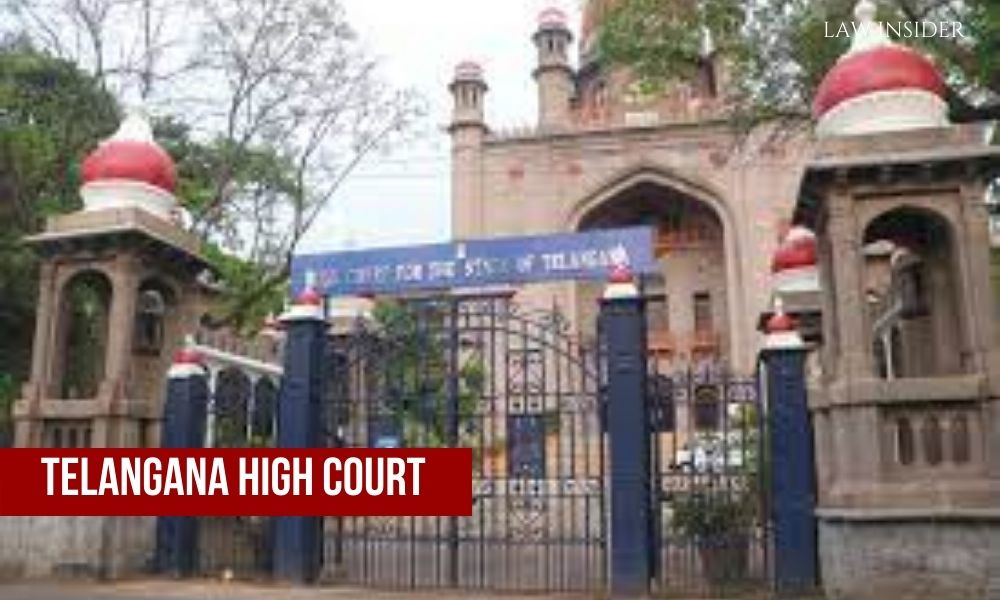LI Network
Published on: 31 July 2023 at 15:35 IST
The Telangana High Court, responding to a plea filed by a couple, has directed the State Government to incorporate columns for “no religion” and “no caste” in the application format for birth certificate registration.
Justice Lalitha Kanneganti, presiding over the Single Bench, ruled in favor of the petitioners, stating that they have the right not to specify their religion or caste in the birth certificate.
The Court allowed the writ petition, invoking Article 25 of the Indian Constitution, and instructed the respondents to include the requested columns in the online application format, enabling the petitioners to register the birth of their son without declaring any religion or caste affiliation.
The Bench emphasized that the system should adapt to the changing needs of citizens, and the constitutional court cannot ignore a citizen’s legitimate requirements.
Advocate M. Venkanna represented the petitioners, while the respondents were represented by the Assistant Solicitor General, Government Pleader, and Standing Counsel.
The couple, who had a love marriage belonging to two different religions, filed the writ petition seeking directions against the respondents due to their inaction regarding the denial of an option to indicate “no religion” and “no caste” in the application format for their newborn’s birth certificate.
When they tried to apply for the birth certificate, they discovered that specifying the child’s religious status was mandatory for completing the application.
The religion column in the application offered four options: Hindu, Islam, Christian, and “other religions,” with an additional “any other” option under the Religion column. However, there was no provision for non-religious individuals or identities.
The High Court emphasized that it is the State’s responsibility to ensure that no citizen faces inconvenience or disadvantage due to parents’ failure or negligence in registering the birth.
The citizen has the right to act according to their conscience and beliefs, and the State cannot force them to declare any particular religion, as it would violate their fundamental rights guaranteed by the Indian Constitution.
The Court highlighted that the petitioners have the right not to follow or profess any religion, and this right is implicit in Article 25 of the Constitution.
It is the duty of all concerned parties to transform constitutional ideals into reality and to respect the rights granted to citizens by the Indian Constitution.

